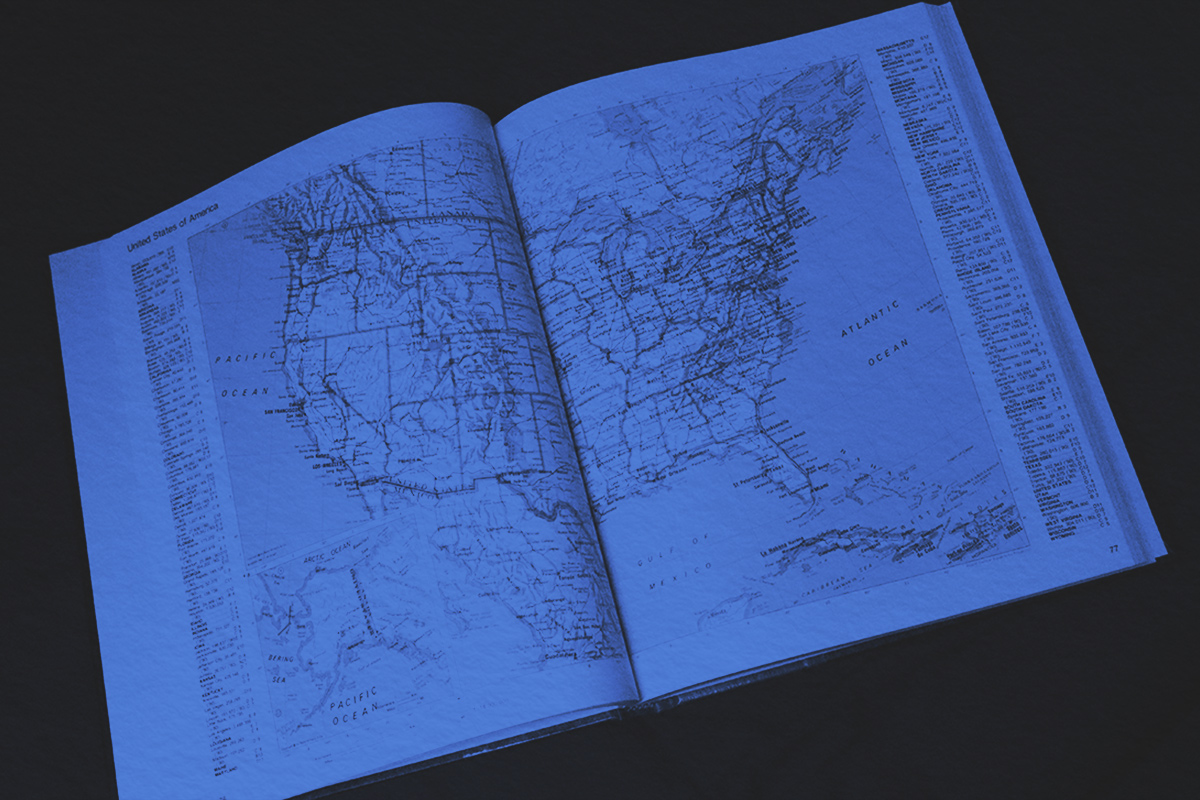
When you’re meeting someone for the first time, exchanging general pleasantries might not reveal where they’re from. But if you start talking to them in depth, certain words and phrases might come up that suddenly draw attention to their accent. The moment you hear a certain regionalism, it’s pretty easy to make a guess about where that person learned to speak.
Let’s discuss American English speakers, and some of the words and phrases that draw attention to U.S. regional dialects. These examples of regionalisms and the accents that accompany them will help you pinpoint the part of the country a person comes from.
Few phrases scream out a distinctive regional accent more strongly than “pahk the cah in Hahvahd Yahd” (“park the car in Harvard Yard”). These six words have been used since at least 1946 as part of a so-called “Famous Harvard Accent Test,” according to linguist Ben Zimmer.
While the phrase is usually associated with a general Boston accent, it was once used to determine if someone had a Harvard accent specifically — one that emerged from the various accents spoken at Harvard University, including those of New England prep schoolers, Boston Irish Americans, Midwesterners, and anyone else attending Harvard in search of higher education. But the Harvard and Boston accents are quite similar, as they both drop the “r” sound and replace it with more of an “ah” sound at every available opportunity.
“Jeet jet?” is a common phrase heard in Pittsburgh-ese; it means “Did you eat yet?” You’re likely to hear the phrase “jeet jet?” before taking a trip “dahntahn” (“downtown”) to get some pierogies, or going to grab a french fry-filled sandwich at Primanti Bros. Those who grew up in the Steel City are known for blending their words together, such as by replacing “and that” with “n’at.”
A lot of the Pittsburgh-ese words still used today originated in the late 1800s and early 1900s among Scotch Irish immigrants and non-native English speakers. These working-class individuals learned English by conversing through informal conversations on the street, rather than relying on formal textbooks in the classroom.
While you may hear it across the Midwest, the phrase “you betcha” is most closely associated with Minnesota and the Dakotas. The affirmative phrase is a way of saying “absolutely,” and you can hope it comes with a classic hot dish casserole topped with tater tots.
Minnesotans tend to speak with strong “o’s” and flat “a’s” — a regional accent that was influenced by early Scandinavian and Irish immigrants. In an interview on a Minnesota morning show, dialect coach Keely Wolter said one unique aspect of the accent is that Minnesotans make their “o” sounds into a monophthong, meaning there’s just one sound (“ooo”). Compare this to most other American accents, where “o” is a diphthong with two distinct sounds (e.g., “ah-oo” of “now” or “uh-oh” of “go”).
Whether you’re a lifelong resident of Manhattan or someone who resides in Long Island, you may pronounce “coffee” with an elongated “aw” sound, resulting in the word “caw-fee.” Other examples of this linguistic quirk include saying “chocolate” as “chaw-clet” and “New Yorker” as “New Yaw-ka”.
Another notable element of the New York accent is emphasizing a middle “g” sound — “Lawn Guyland” instead of “Long Island.” Locals might also drop the “r” sound, just like Bostonians. Just don’t tell that to any Yankees or Red Sox fans — bitter rivals who insist they’re nothing alike.
Hawaii Creole, often called “Pidgin,” emerged on 19th-century plantations. (A creole is “a language that has evolved from a pidgin but serves as the native language of a speech community,” another one of which is the American Louisiana Creole dialect, and a pidgin is “a form of speech that usually has a simplified grammar and a limited often mixed vocabulary and is used principally for intergroup communication.”) One of the most popular phrases to come out of Hawaii Creole is “da kine” — a regionalism likely derived from “that kind.” People in Hawaii tend to use the phrase “da kine” similarly to how Philadelphians use “jawn,” as it can be substituted for nouns, adjectives, verbs, adverbs, and pretty much any other word under the Hawaiian sun.
If someone were to say “da kine broke da mouth,” they’re almost certainly talking about a delicious meal they just ate. In this context, “broke da mouth” refers to the food being so good, it was overwhelming to eat, thus metaphorically breaking the mouth.

















